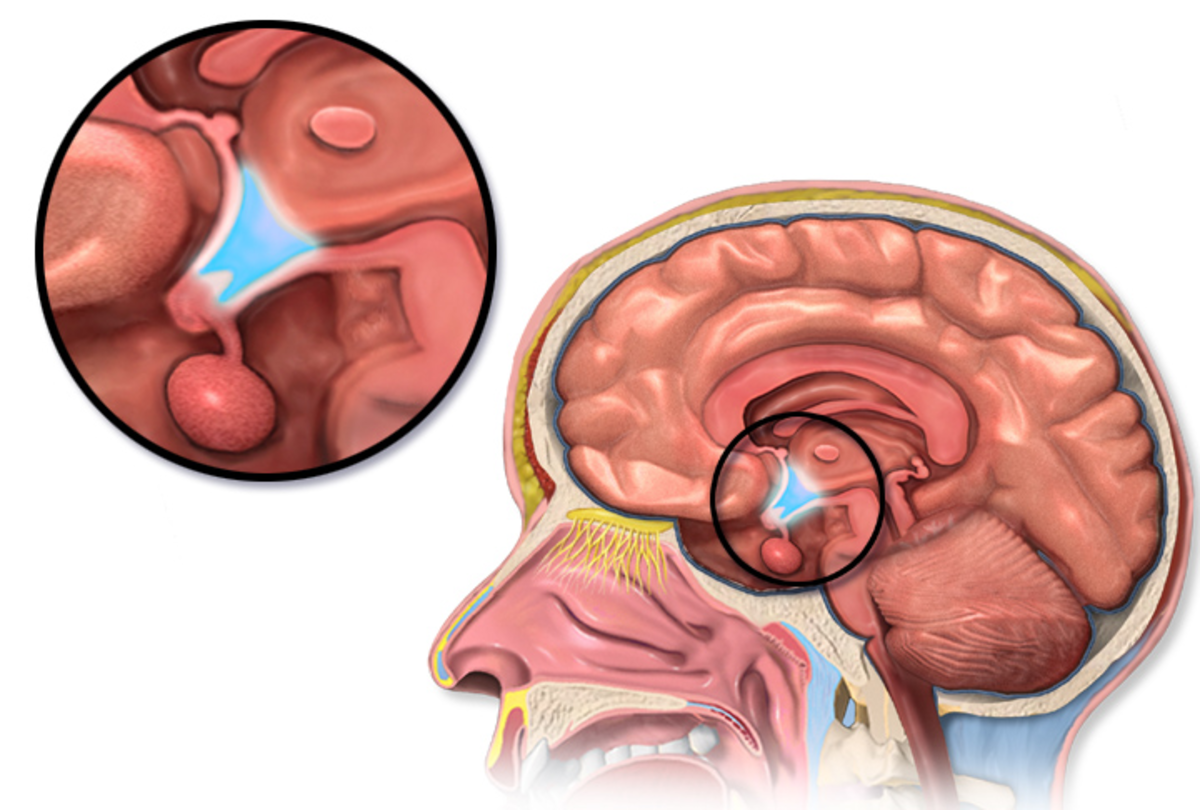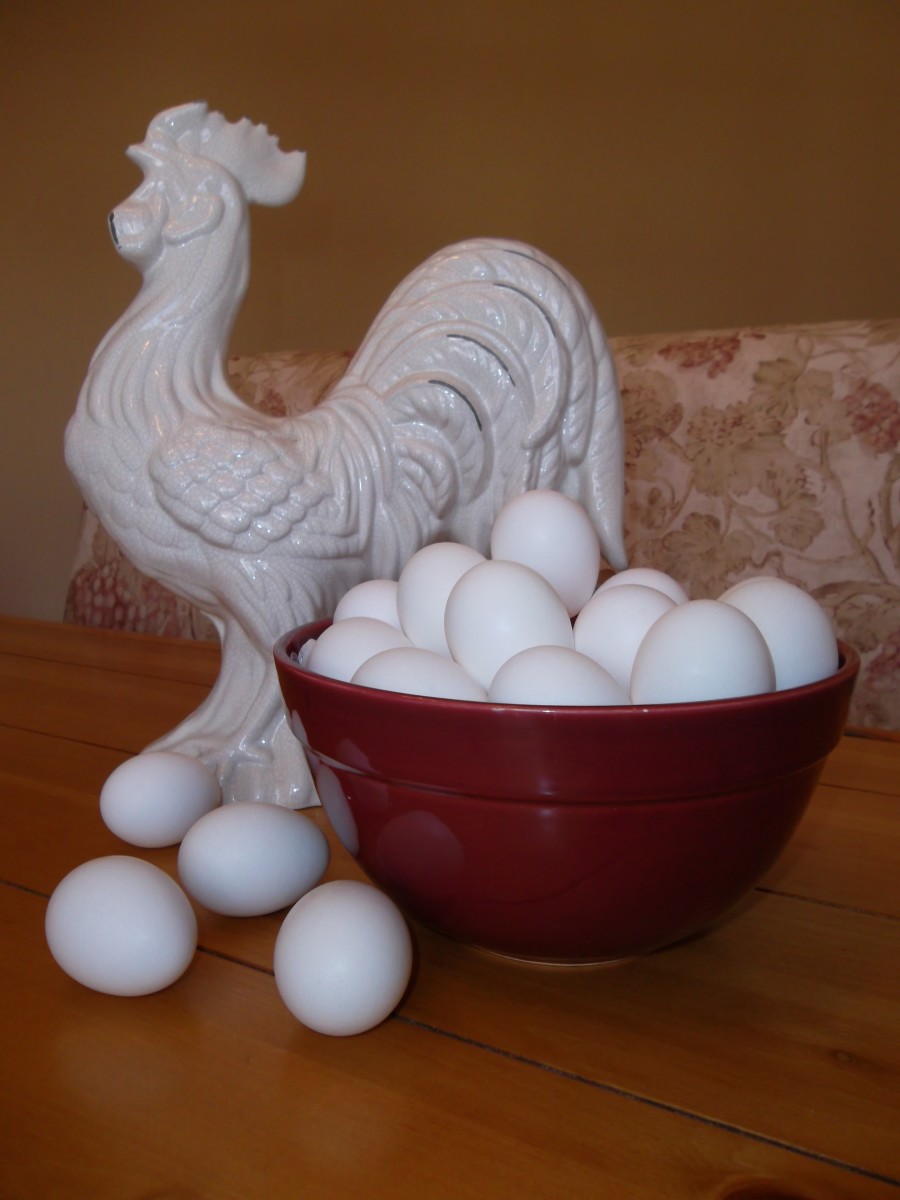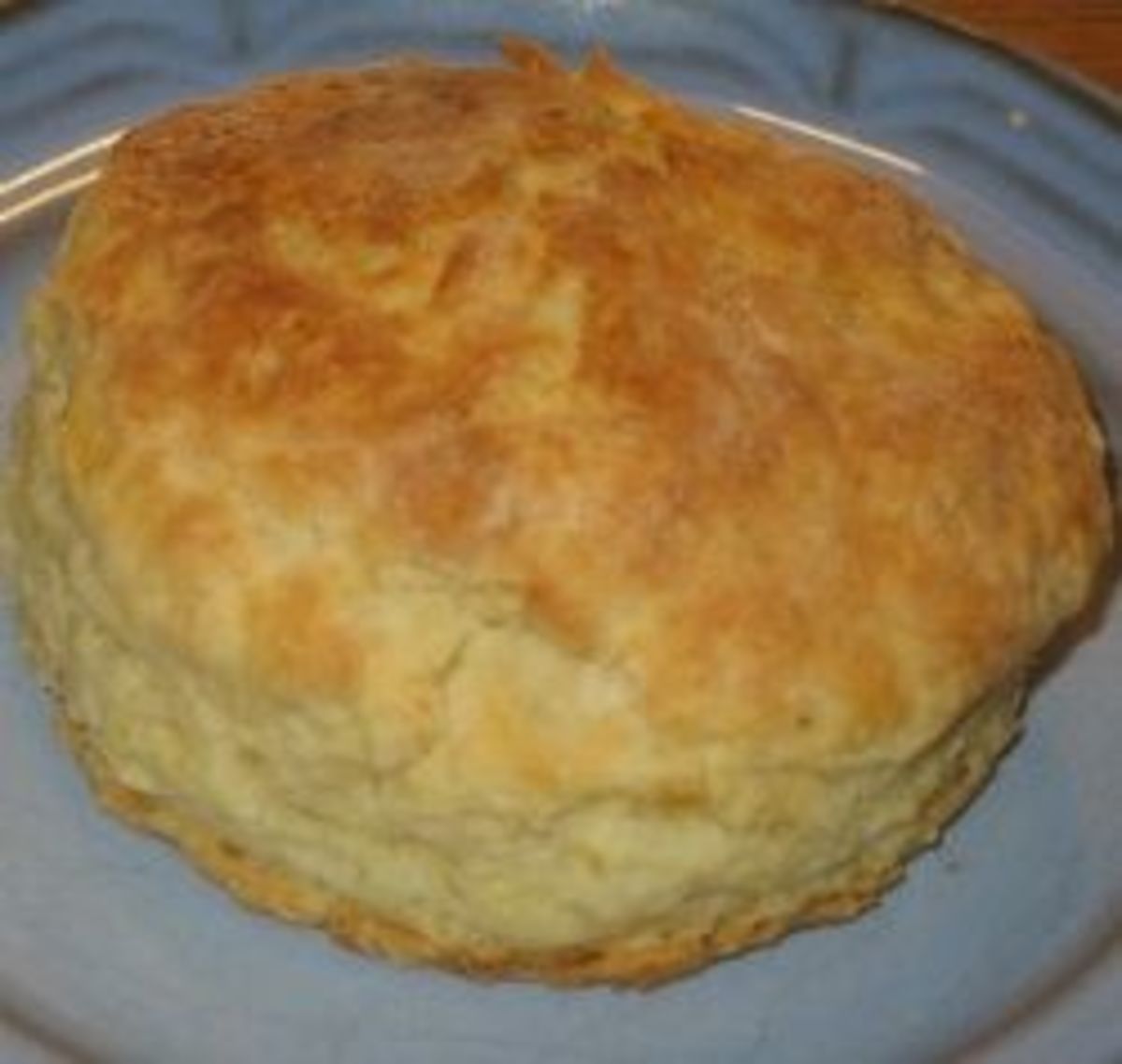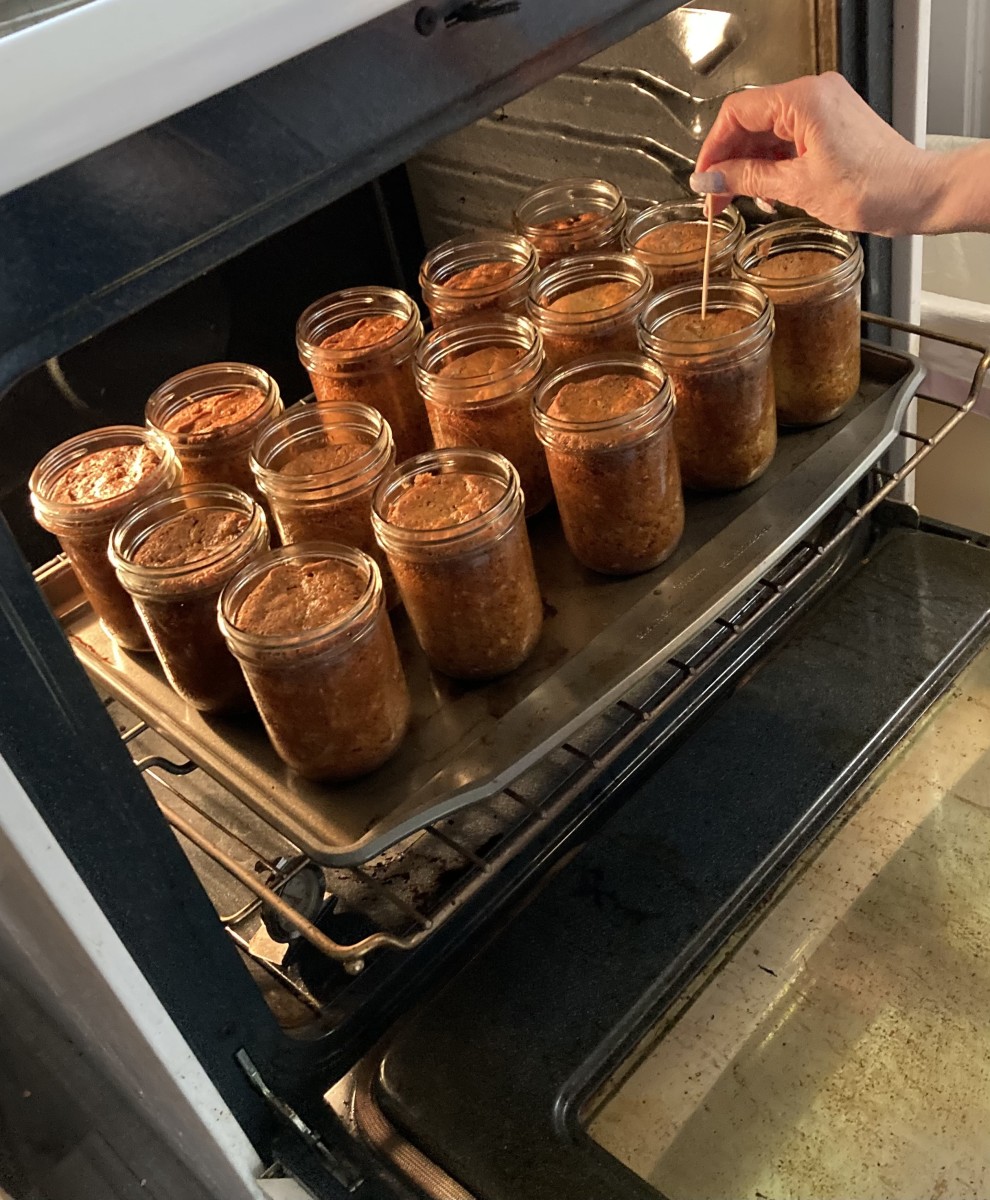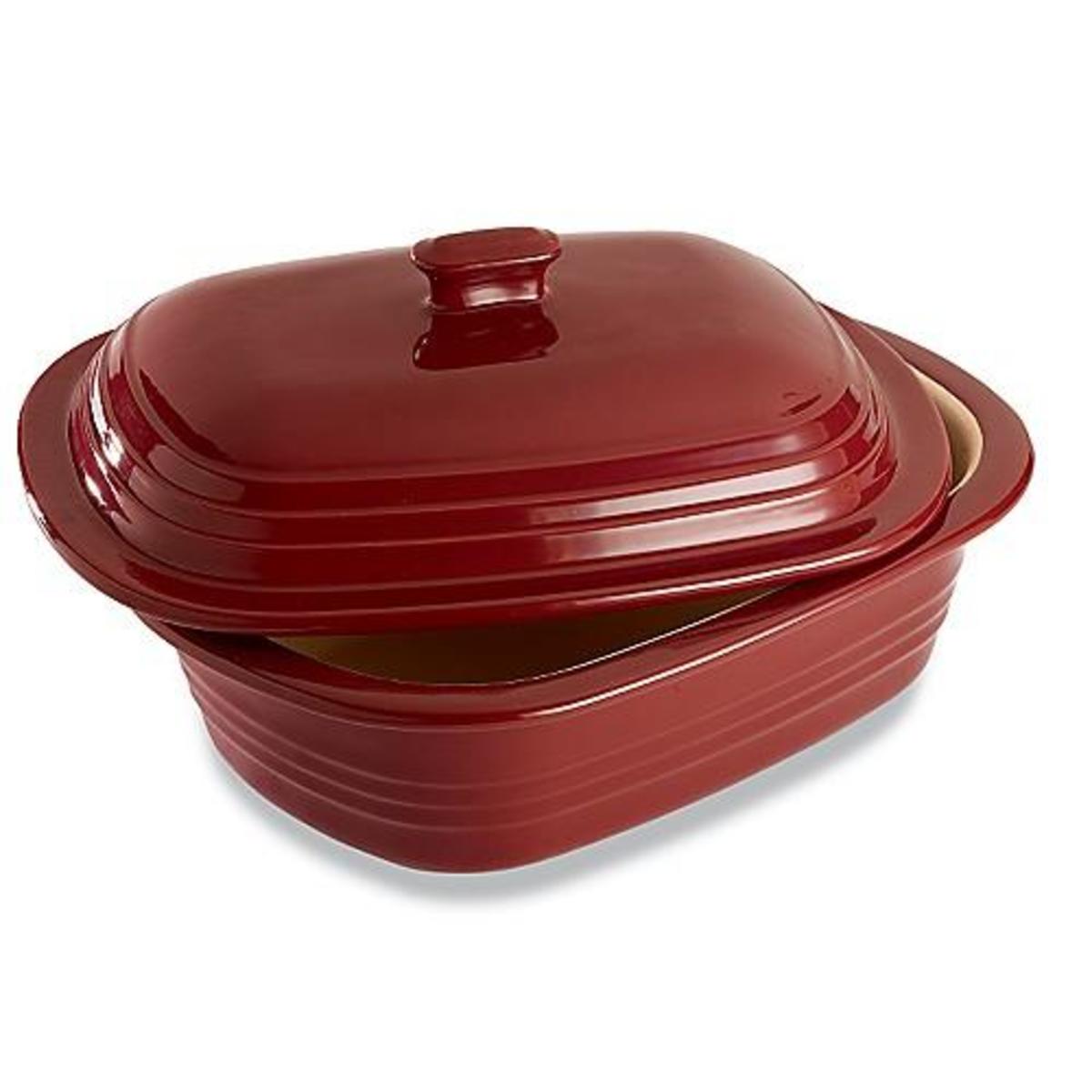Pulses, grains and the myth of complete proteins

Pulses and grains are a good source of protein, but if you're a meat-eater then you've probably never had to worry about getting enough protein in your diet. On the other hand, most vegetarians have probably had to endure the question "are you completing your proteins??". I went through a phase when I used to abstain from most meats, and was asked this very question by parents many times. In recent years, completing your proteins has been shown to be something of a myth.
There are 20 standard amino acids, which are the building blocks for protein. 9 of these amino acids are considered 'essential' for adults and, while others are produced by the body, these can only be obtained from food. The remaining amino acids are also important to our health and well-being, but it's not essential that they are present in our food provided that we get a good supply of the essential amino acids in our diets.
A 'complete' protein, which is a food that contains all of the nine amino acids that adults must obtain from food, was once thought to be the key to a healthy diet. Complete proteins include foods like milk, eggs, tofu and meat. In the 1971 book Diet for a Small Planet by Frances Moore-Lappé, the author suggested that you have to combine 'incomplete proteins' like beans and pulses with grains or rice to form 'complete proteins'. Although this theory was later disproved and the author retracted her original statement, this theory is still widely thought to be true. It is now accepted in the field of nutrition that foods that contain 'incomplete' proteins don't need to be combined in a single meal in order to form 'complete' proteins. The American Dietetic Association (ADA) website states that "your body will make its own complete protein if a variety of foods and enough calories are eaten during the day".
Some books about pulses and grains
Even though pulses and grains need not be combined to complete your proteins, they are still a great source of nutrition. Pulses, which include peas, beans and lentils, are not only high in protein, but also carbohydrates, fiber and certain vitamins and are also low in fat. They are great to add to soups, sauces and casseroles to add texture and flavour, and are often much cheaper than meat and other common sources of protein. Grains include rice, oats, millet, quinoa, wheat and other cereals and are an essential part of a healthy diets. Whole (unrefined) grains are a rich source of vitamins, minerals, carbohydrates, fats, oils and proteins, although some of their nutritional value is lost when refined. Refined grains, like white rice and white bread, have had the bran and germ removed, giving them a finer texture and longer shelf life but fewer nutrients like B vitamins, fiber and iron. Regardless of whether or not you need to 'complete your proteins', a diet rich in vegetables, pulses and grains is important for good health.
Check out some of my other hubs
- The truth about organic food
Organic food has become increasingly popular over the last few decades. Consumers are concerned about the health risks and environmental impacts associated with conventional grown foods, and have turned to... - How to cut your food waste... and your food bill, too!
How many times have you gone to get something out of the veggie drawer and found half a celery wilting away at the bottom of it? Or you've gone into the fridge to get some milk, only to find that it's gone bad, and you have to pour it down the sink. - Eat less, move more: The big, fat truth about weight loss
Weight loss is really simple when you break it down to the basics. It's all mathematics: you simply have to consume less calories than your body burns. But that doesn't mean it's easy! Read on to find out the truth about weight loss and get some tips - How to cook quick and healthy meals in 5 easy steps
In recent years, our relationship with food has changed. These days people are much more likely to eat out or buy ready made meals than to cook from scratch. There is a time and a place for convenience foods... - A beginner's guide to making sushi
Sushi is becoming more and more popular all around the world. Eating out for sushi can be a great experience, but is often quite expensive. Making your own sushi is really fun and easy to do, and might save...


